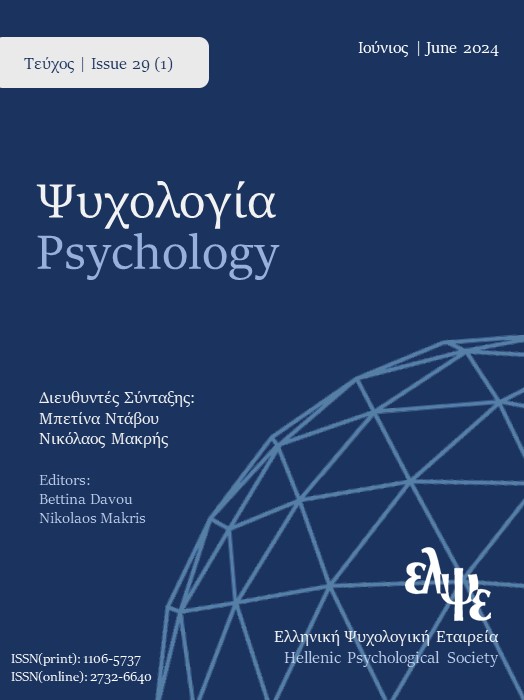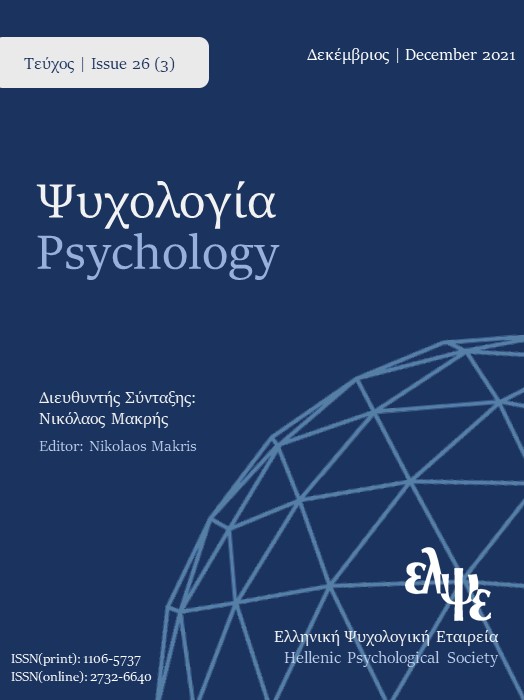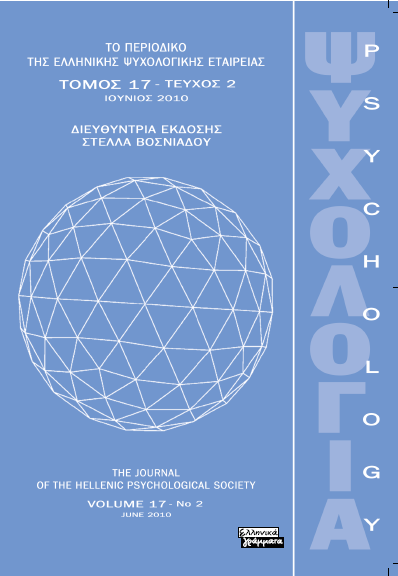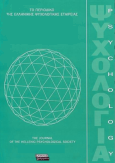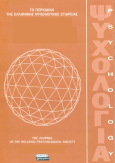Greece, a stake for memory and oblivion: pride, trauma and sham

Abstract
The present study aims at exploring the role of age, gender, intra-national identification and political positioning in the recollection of the representational voluntary (=memory) and involuntary (=oblivion) historical-national past of Greece in conditions of pride, trauma and shame. In this experimental field study participated 254 men and women of different ages, who, after having read a text of a concise presentation of the Greek past -cutting off events either of pride, or of trauma and shame- noted three events that they wish to remember and three events that they wish to forget for ever from the Greek history. The interesting finding of the present study is associated with the emergence of four voluntary and involuntary organizing principles of thought about the historical past of Greece: a) a powerful and ruling memory, b) a regal memory of pride, c) a traumatical oblivion and, d) a
shameful oblivion. The above ways of thinking are consensus and independent of the age, gender, political positioning and participants’ intra-national identification, as well. Any possible differences in perceiving the historical past concern individual variations rather than national collective concepts. This result is in line with the idea of a superior, urgent or regal national identity, which is constructed against other national identities and strategically «select» -institutionally and communicatively- to remember a positive, glorious, ruling and regal past, which makes ingroup members feel proud, while it decides not to communicate its traumatical (remedy oblivion) and, mainly, the shameful past (wormwood oblivion).
Article Details
- How to Cite
-
Μαντόγλου Ά. (2020). Greece, a stake for memory and oblivion: pride, trauma and sham. Psychology: The Journal of the Hellenic Psychological Society, 21(3), 262–285. https://doi.org/10.12681/psy_hps.23280
- Issue
- Vol. 21 No. 3 (2014)
- Section
- SPECIAL SECTION

This work is licensed under a Creative Commons Attribution-ShareAlike 4.0 International License.
The journal PSYCHOLOGY adopts a Platinum open-access policy. Submission, processing or publication costs are waived by the Hellenic Psychological Society. Papers published in the journal PSYCHOLOGY are licensed under a 'Creative Commons Attribution-ShareAlike 4.0 International' licence. The authors reserve the copyright of their work and grant the journal the right of its first publication. Third-party licensees are allowed to use the published paper immediately after publication as they wish, provided they retain the defined by the license copyright formalities, regarding the reference to its author(s) and its initial publication in the journal PSYCHOLOGY. Moreover, any adjusted work should be shared under the same reuse rights, so with the same CC license.



